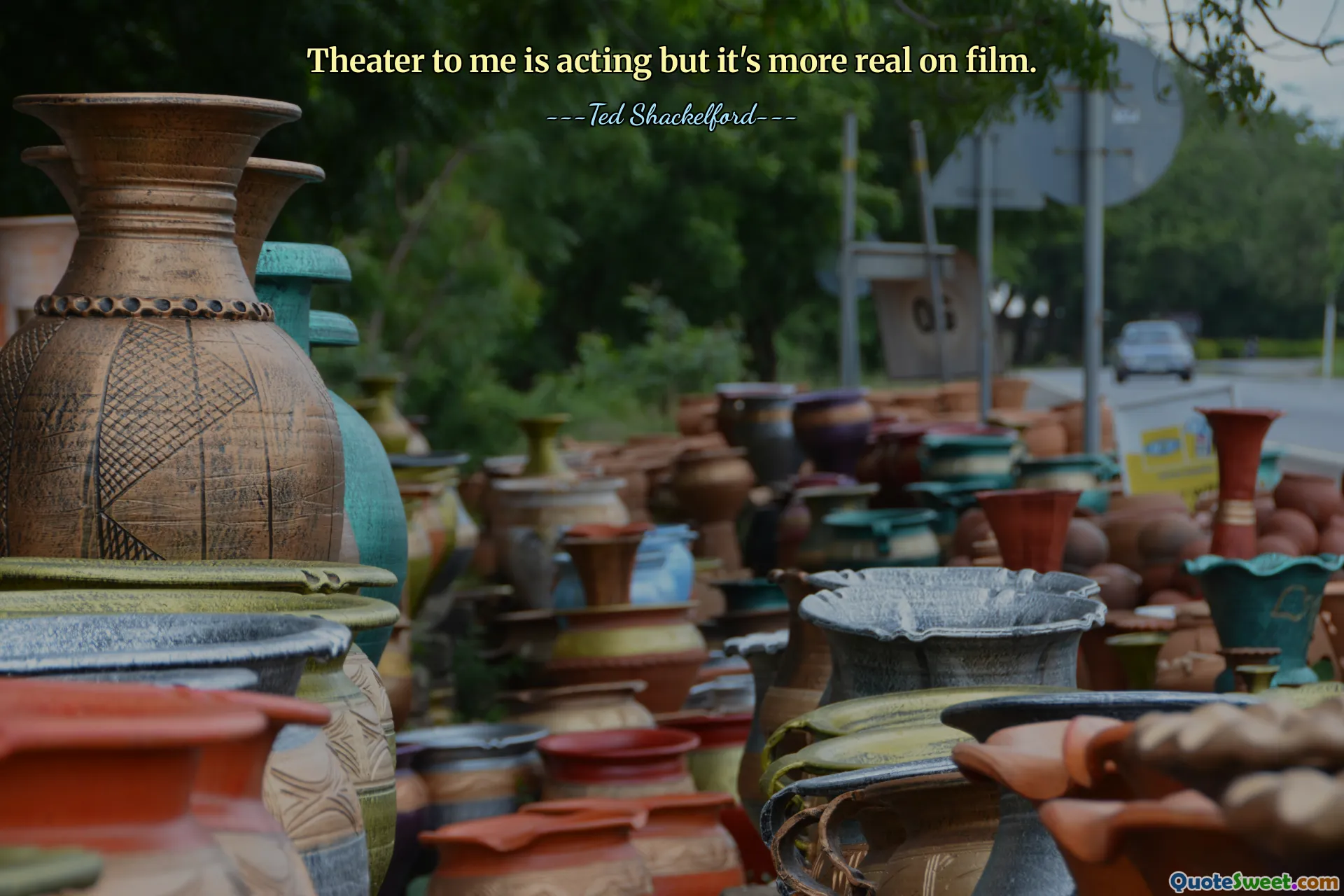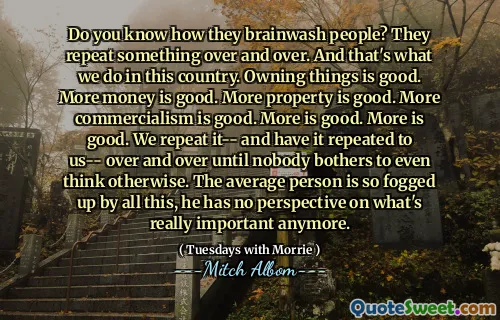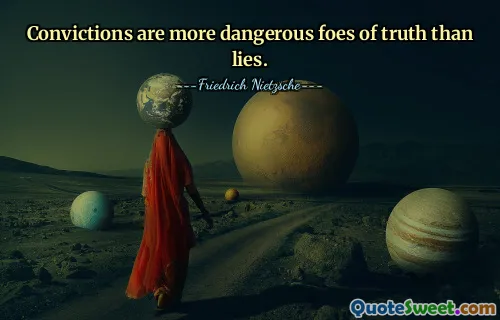
Theater to me is acting but it's more real on film.
Ted Shackelford's observation draws a fascinating comparison between the art of theater and film acting, highlighting his perception of authenticity on screen. Theater, traditionally viewed as a live, dynamic form of storytelling, relies heavily on the immediacy of an actor's presence and the interaction with a live audience. However, Shackelford's statement suggests an intriguing paradox: even though theater is the original platform of acting, he finds film to convey a more genuine realism.
This remark invites us to reflect on how film, through its intimate framing, editing, and ability to capture subtle expressions, can create a closer emotional connection to the character and story than the stage. The camera magnifies nuances of voice and gesture that might be lost in the grander scale of theater. Additionally, film's permanence allows performances to be revisited, analyzed, and appreciated in ways that fleeting stage performances cannot.
Yet, film also removes the immediacy and spontaneous energy derived from live theater, which makes Shackelford's preference all the more intriguing. Perhaps the sense of 'realness' he refers to stems from the visual closeness and the impactful use of cinematic techniques that distill acting into its purest form.
Ultimately, this quote underscores the evolving nature of acting as an art form, showing how different mediums influence the perception of reality and emotional truth in storytelling. Actors and audiences alike navigate these differences, learning to value the unique qualities each medium brings. It also encourages us to consider our own responses to performance and how context shapes our connection to a story.








